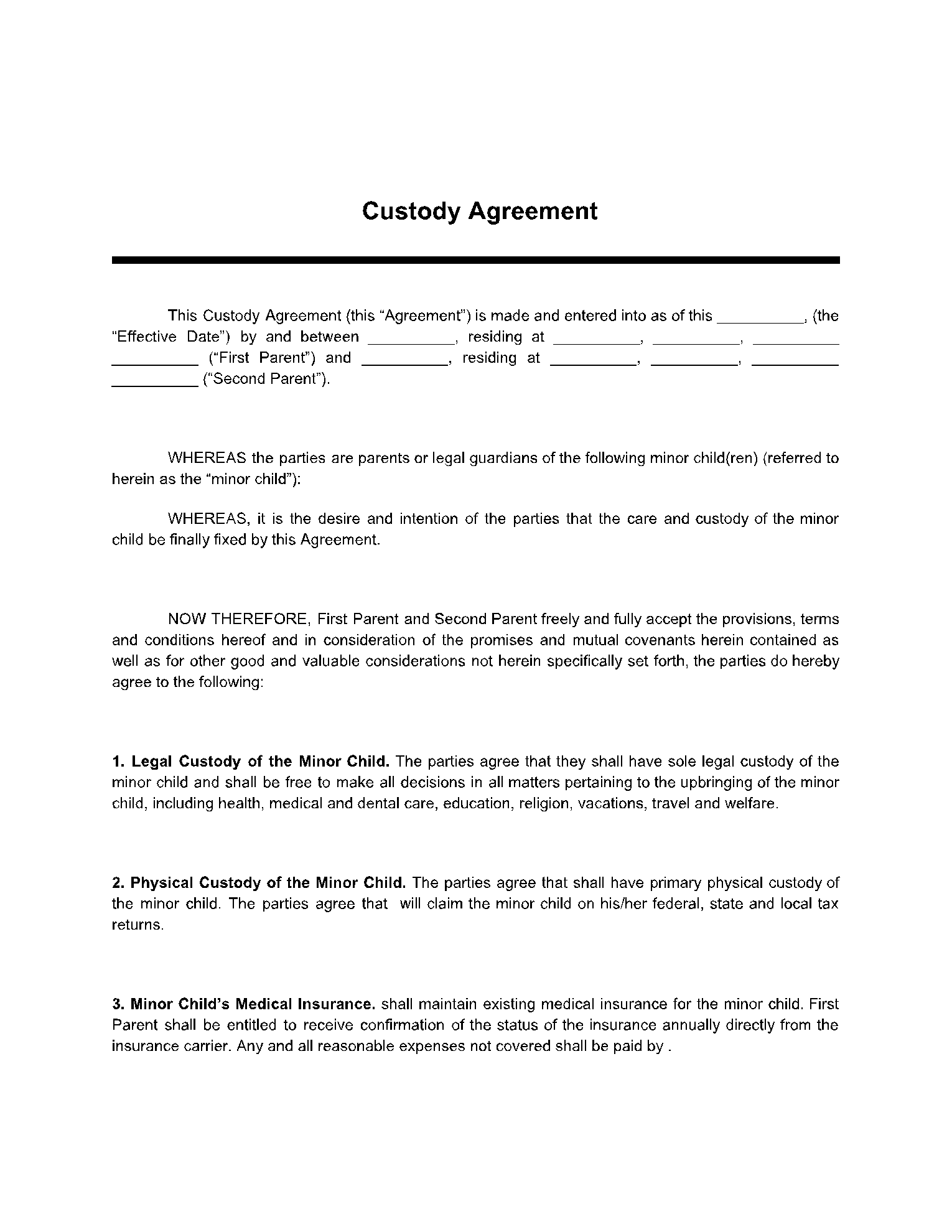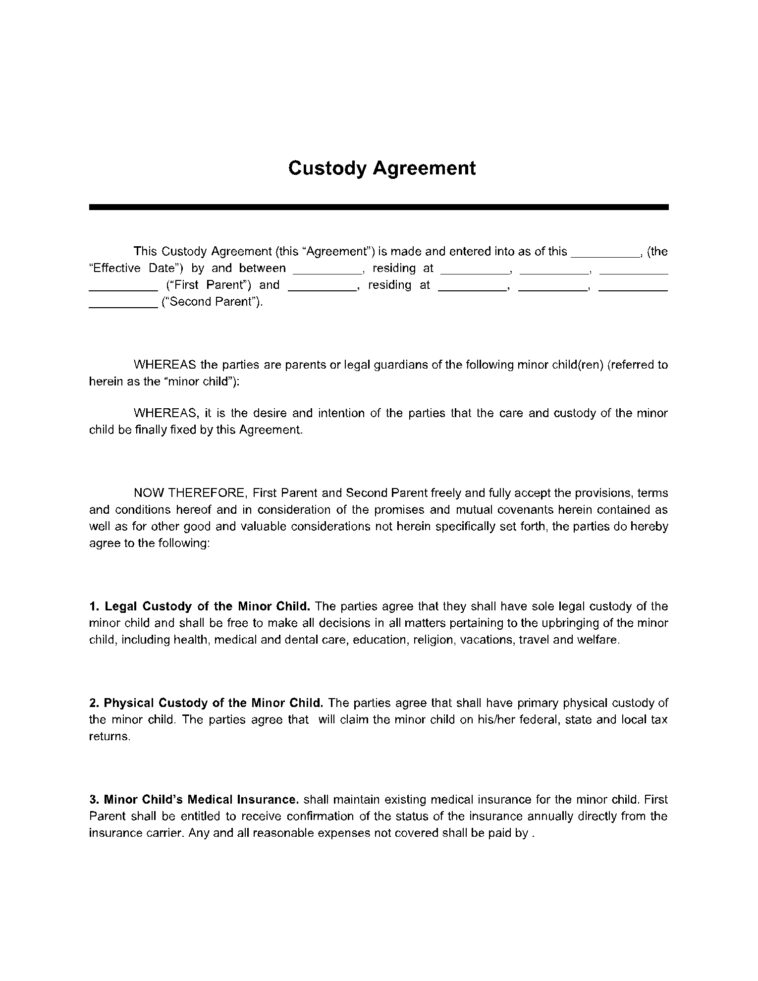 “`html
“`html
The Complex Landscape of Child Custody in Arizona: Perspectives and Insights
Understanding Child Custody: Temporary vs. Permanent Arrangements
In Arizona, the well-being and stability of children during and after divorce or separation are paramount concerns. As families navigate these changes, they must understand the differences between temporary and permanent child custody orders. This understanding enables parents to make informed decisions that prioritize their children’s best interests.
What is Temporary Custody in Arizona?
Temporary custody, also known as “interim custody,” involves short-term arrangements that provide stability during the divorce process. These orders address immediate concerns and last until a final custody decision is reached. Under Arizona Revised Statutes § 25-404, either parent may request temporary custody, with courts considering factors such as the child’s best interests before issuing a decision.
Duration and Purpose
Temporary custody orders are designed to provide short-term stability and consistency for the child. They remain in effect until a permanent agreement is established, helping manage the child’s immediate needs both legally and physically.
Legal Framework and Considerations
Temporary custody encompasses both legal custody (decision-making) and physical custody (living arrangements). The court assesses various factors to ensure the child’s welfare, including stability, modification potential, and circumstances requiring change.
How Does Temporary Custody Differ From Permanent Custody?
Temporary custody orders are provisional, while permanent orders offer long-term solutions. Permanent custody, governed by Arizona Revised Statutes § 25-403, requires a comprehensive review of factors such as the child’s adjustment to home and school, parental health, and community involvement.
Stability and Continuity
Permanent arrangements prioritize a stable environment for the child. These orders outline parenting plans, decision-making responsibilities, and parental cooperation, aiming to minimize disruption in the child’s life.
Modification Challenges
Temporary custody orders can be modified more easily should circumstances or information change. Shifting a temporary order to a permanent one requires substantial justification, illustrating a significant and ongoing change affecting the child’s welfare.
The Role of Parental Agreements in Temporary Custody
When parents mutually agree on temporary custody arrangements, they can present their plan to the court for approval. Arizona Revised Statutes § 25-317 ensures such agreements are in the child’s best interests, voluntarily made, and do not negatively impact their welfare.
Court Approval and Flexibility
Even with parental consensus, the court must verify that the arrangement serves the child’s best interests. These agreements typically provide flexibility, potentially mitigating conflicts during the divorce process.
Binding Nature and Implications
Once sanctioned by the court, a temporary custody order remains binding until a permanent order is put in place, ensuring consistency in the child’s life during the interim period.
Why Interim Custody Arrangements Often Become Permanent
Interim custody often transitions into a permanent arrangement due to the courts’ emphasis on continuity and stability for the child. If interim orders have proven effective, courts typically prefer to maintain these arrangements to avoid further disruptions.
Continuity of Care
The smooth functioning of interim custody can lead the court to decide that there’s no need for changes, especially if modifications could destabilize the child’s adjusted routine.
Challenges in Altering Interim Arrangements
Changes to interim custody require significant new evidence or circumstances justifying an adjustment. Without such grounds, courts may hesitate to modify an effective temporary order.
Problems in Converting Interim to Permanent Custody Orders
Transforming temporary orders to permanent ones presents challenges, particularly if parental disagreements or changed circumstances arise. The transition demands comprehensive evidence demonstrating that the new arrangement upholds the child’s best interests.
Evidentiary Standards
The court rigorously examines evidence before converting a temporary order to a permanent one. This includes assessing changes in the child’s or parents’ situations that might necessitate a revised arrangement.
Potential Conflict and Resolution
Differences may surface if a parent finds the current temporary setup unfavorable. In such cases, demonstrating a substantial and continuing change in circumstances is crucial for achieving a different permanent order.
How to Modify or Terminate Temporary Custody in Arizona
Terminating temporary custody generally occurs when a permanent order is issued; however, modifications can happen if significant circumstances arise.
Filing for Modification
Parents can file a motion to alter the temporary order, supported by evidence showing substantial changes affecting the child’s best interests—such as well-being or environmental adjustments.
Court Hearings and Decision-Making
The court will conduct hearings to evaluate the presented evidence before deciding on the modification or termination of temporary custody. Throughout, the child’s best interests remain the paramount consideration.
The Value of Legal Paraprofessionals in Child Custody Cases
In the labyrinth of Arizona’s custody laws, a Legal Paraprofessional becomes an indispensable ally. They guide families through legal complexities, ensuring compliance with statutes and effective representation of the family’s needs and interests.
Expert Guidance and Representation
Legal Paraprofessionals help draft and submit necessary documents, represent parents in court, and assist with understanding legal proceedings, ensuring decisions reflect the child’s best interests.
Supporting Stability and Resolution
These professionals aid in maintaining stability and continuity in custody arrangements, emphasizing the importance of well-structured and effective legal strategies.
Conclusion
Navigating Arizona’s child custody complexities requires a profound understanding of temporary and permanent legal orders. Engaging with a knowledgeable Legal Paraprofessional or firm, such as Lucas Law, ensures parents are thoroughly supported throughout the process, leading to more informed decisions that best serve their families.
From establishing temporary arrangements to converting them into permanent orders, leveraging legal expertise provides families with the necessary tools to secure favorable outcomes in any custody dispute.
“`
Originally Post From https://lucaslawaz.com/temporary-vs-permanent-child-custody-orders/
Read more about this topic at
Child Custody and Visitation Fact Sheet
A Guide for Joint Custody and Shared Parenting

